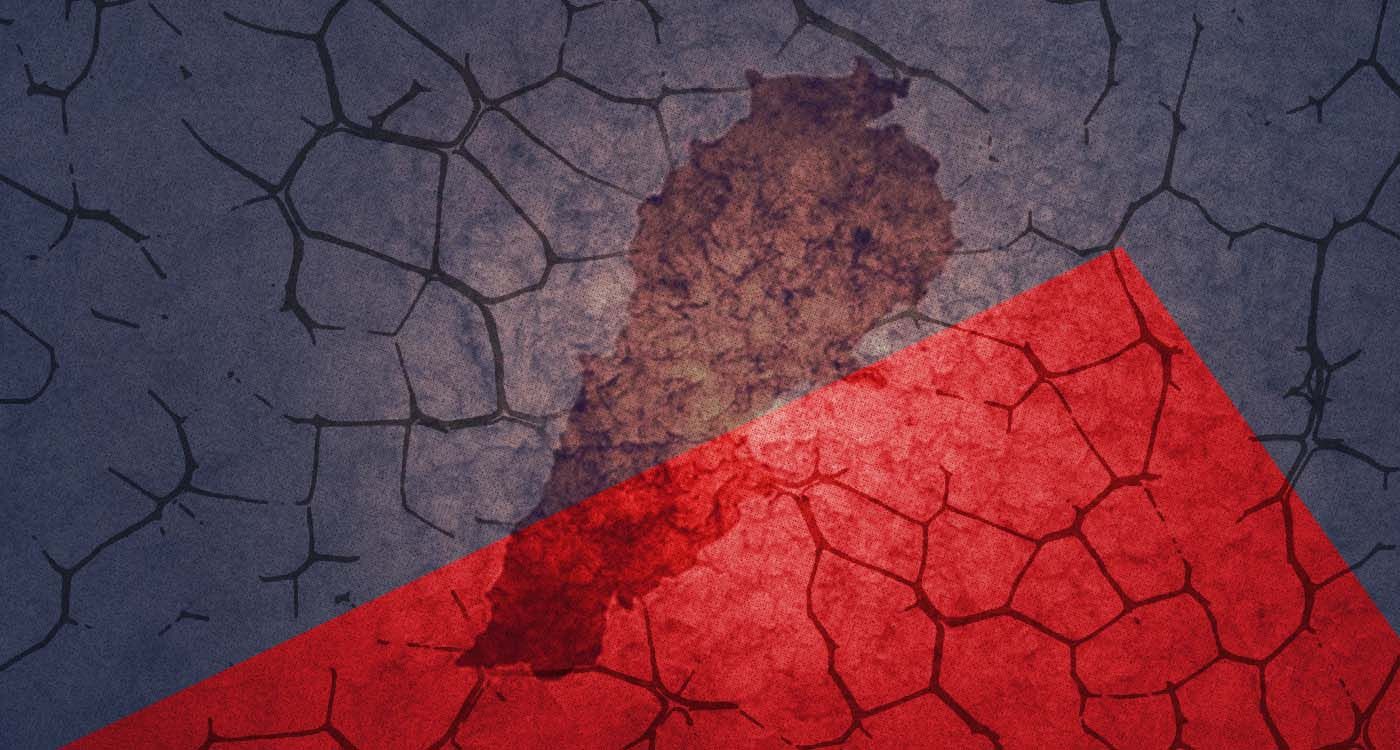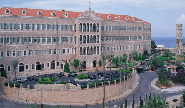
Lebanon’s leaders are clinging to outdated ideas and refusing to adapt to new regional realities.
While Washington’s latest diplomatic efforts sought to convey a sense of urgency to Lebanon and forestall Israel from launching a new war, the country’s leaders have shown themselves to be ineffective and unwilling to break from the past. Just listening to President Joseph Aoun’s hollow pronouncements is enough to lose hope that Lebanon will ever regain any moral or political credibility. Lebanon cannot survive if it fails to uphold its sovereignty and constructively engage the international community. It now faces a last chance to do so.
US shuttle diplomacy has worked relentlessly to convince Lebanon’s government to implement the November 27, 2024 ceasefire with Israel and join Washington’s peace plans for the Middle East, but to no avail. The ceasefire is undermined by the Lebanese government’s inability to honor its commitments on disarmament. Israel’s continued attacks on Hezbollah’s military infrastructure testify to Lebanese leaders' failures to address the group’s arsenal.
Hezbollah’s actions go beyond obstinance on disarmament. They question whether Lebanon can function as a liberal democracy. Hezbollah’s rhetoric is quite clear in rejecting Lebanon’s foundational narrative and disputing its very logic. The rise of areas outside Lebanese state control was not a mere hazard. It was the outcome of deliberate ideological and strategic choices made by successive Lebanese leaders.
Lebanon’s deliberate disregard for the ceasefire’s stipulations is not just a political deviation from the ceasefire agreement. It represents a strategic decision and a pivotal political realignment, reshaping dynamics both domestically and internationally. Lebanese leaders’ failure to abide by the ceasefire’s terms is deepening well-entrenched political fractures and placing the country on a hazardous path. The country’s credibility is eroding day by day.
The strategic reshuffling initiated by Israel, far from being a series of isolated events, is redefining the region’s strategic and political landscape alongside US diplomacy. Lebanon remains the outlier, as the country’s leaders cling to outdated ideas and refuse to adapt to new regional realities. Ideological and strategic divisions at Lebanon’s executive levels of power are politically damning. They undermine the country’s international standing and ability to position itself as an independent actor free from the sway of Iran’s Axis of Resistance. These equivocations must end.
Lebanon’s leaders reflect the rot that has eaten away its political system for decades. Lebanon has mutated into a sham democracy run by a hybrid oligarchy composed of warlords, corrupt and subservient politicians, and the dregs of its old feudal order. Even if the 2026 parliamentary elections are held on time, it is hard to believe anything will change.
If Lebanon wants to recover its political standing, it must prevent destabilizing dynamics from taking hold. The Iranian regime’s attempt to redress its faltering fortunes through the revival of its destroyed axis of proxies is doomed. This would only compound the tragedies already wrought by its imperial projections. Lebanon must remove the blinders of its defunct politics and choose a new, forward-looking political path and strategic realignment.




Comments